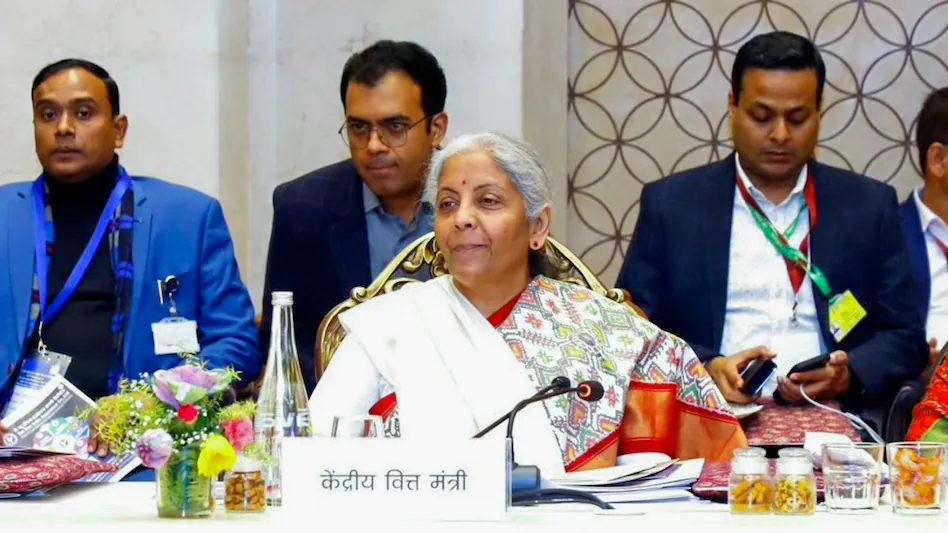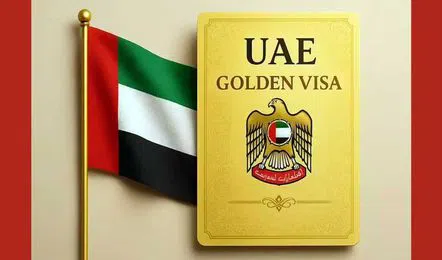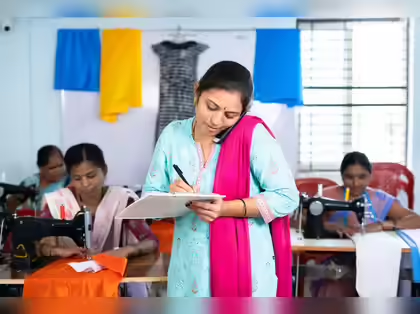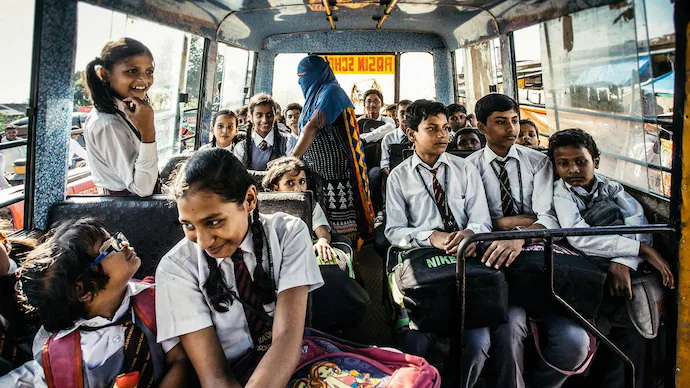- Courses
- GS Full Course 1 Year
- GS Full Course 2 Year
- GS Full Course 3 Year
- GS Full Course Till Selection
- Answer Alpha: Mains 2025 Mentorship
- MEP (Mains Enrichment Programme) Data, Facts
- Essay Target – 150+ Marks
- Online Program
- GS Recorded Course
- Polity
- Geography
- Economy
- Ancient, Medieval and Art & Culture AMAC
- Modern India, Post Independence & World History
- Environment
- Governance
- Science & Technology
- International Relations and Internal Security
- Disaster Management
- Ethics
- NCERT Current Affairs
- Indian Society and Social Issue
- NCERT- Science and Technology
- NCERT - Geography
- NCERT - Ancient History
- NCERT- World History
- NCERT Modern History
- NCERT Medieval History
- CSAT
- 5 LAYERED ARJUNA Mentorship
- Public Administration Optional
- ABOUT US
- OUR TOPPERS
- TEST SERIES
- FREE STUDY MATERIAL
- VIDEOS
- CONTACT US
55th Meeting of the GST Council
55th Meeting of the GST Council
24-12-2024

- In December 2024, the 55th GST Council meeting, led by the Union Minister for Finance & Corporate Affairs, presented key recommendations.
- These recommendations are regarding changes in GST tax rates, relief measures for individuals, trade facilitation, and improved compliance procedures.
Key Highlights
- Delaying of GST Review on Insurance Premiums: The review of GST on life and health insurance premiums has been postponed.
- Premiums on Health Insurance: GST exemption is proposed for health insurance premiums up to ₹5 lakh, except for senior citizens. Policies with coverage exceeding ₹5 lakh will continue to attract an 18% GST rate.
- Postponement of Rate Rationalization Decisions: Decisions regarding GST rate adjustments for approximately 150 items were postponed which include items like garments, packaged drinking water, bicycles priced below ₹10,000.
- Compensation Cess Regime: The compensation cess framework will end by March 2026. A ministerial panel, Group of Ministers (GoM), led by the Union Minister of State, has been tasked to determine the cess's future roadmap.
- Exemptions Granted: GST exemptions were introduced for gene therapy and Long-range surface-to-air missiles (LRSAMs).
- Increased GST Rates: GST on used car sales, including electric vehicles, was raised from 12% to 18%.
- Natural Disaster Tax Levy Policy: A GoM will examine states' ability to impose levies during natural disasters. The Council supported Andhra Pradesh’s proposal for a uniform levy policy.
- Agricultural Products: Clarifications were issued regarding GST on pepper and raisin supplies from farmers. Fresh/dried pepper and raisins supplied by agriculturists exempted from GST.
- Popcorn GST Rates: 18% GST on sweetened or caramelized popcorn, 5% GST on salty and spicy popcorn (not pre-packaged or labeled), 12% GST on pre-packaged and labeled savory popcorn
- GST on charges collected by municipalities for granting Floor Space Index (FSI) to builders was postponed. The Centre highlighted that these charges relate to municipalities and local authorities.
- Decisions on Gift Vouchers: Gift vouchers were classified as non-taxable under GST. Penal charges by banks and NBFCs for violations of loan conditions were also exempted from GST.
- Reduction of GST on Fortified Rice Kernels: GST on fortified rice kernels was reduced from 18% to 5%. This reduction aims to support Public Distribution System (PDS) programs, benefiting economically weaker sections.
- Taxes on Food Delivery Platforms: GST for platforms like Swiggy and Zomato will be reduced to 5%, down from the current 18%.
- Autoclaved Aerated Concrete (ACC) Blocks: Blocks with over 50% fly ash content will come under the bracket of 12% GST.
You Can Read Also: Kisan Diwas: Why Terms of Trade Have Improved More for Agricultural Labourers Than for Farmers
About Goods and Services Tax (GST)
- Introduced in 2017 through the 101st Constitutional Amendment Act, 2016, GST is a unified indirect tax across India.
- It is a destination-based tax levied on the consumption of goods and services, charged at each stage of production and distribution.
About GST Council
- The GST Council is a constitutional authority established under Article 279A of the Indian Constitution.
- Composition: The Council is a federal body led by the Union Finance Minister, who serves as its Chairman. Members include the Finance Ministers of all States.
- Decision-Making Process: Decisions are made through a simple majority, requiring three-fourths of the weighted votes of members present.
- The central government holds one-third of the total votes, while state governments collectively hold two-thirds of the voting power.
- Objective: The Council serves as a joint platform for the Centre and States to address disputes and promote uniformity in GST implementation.
|
Also Read |
|




